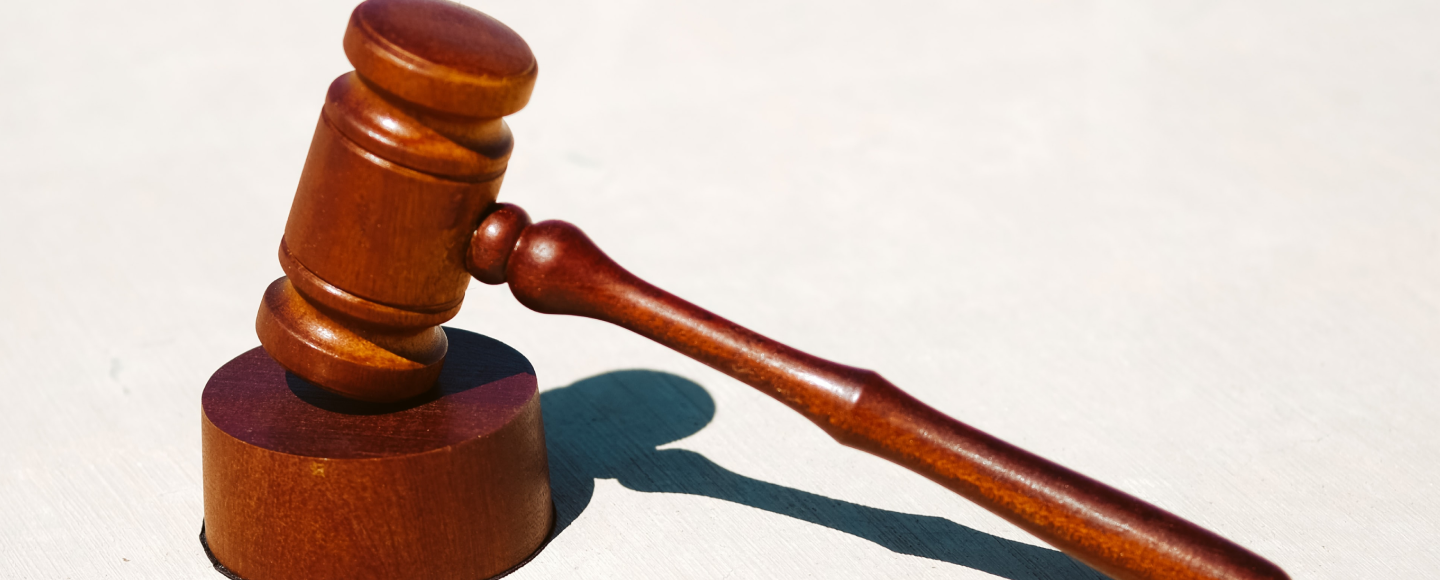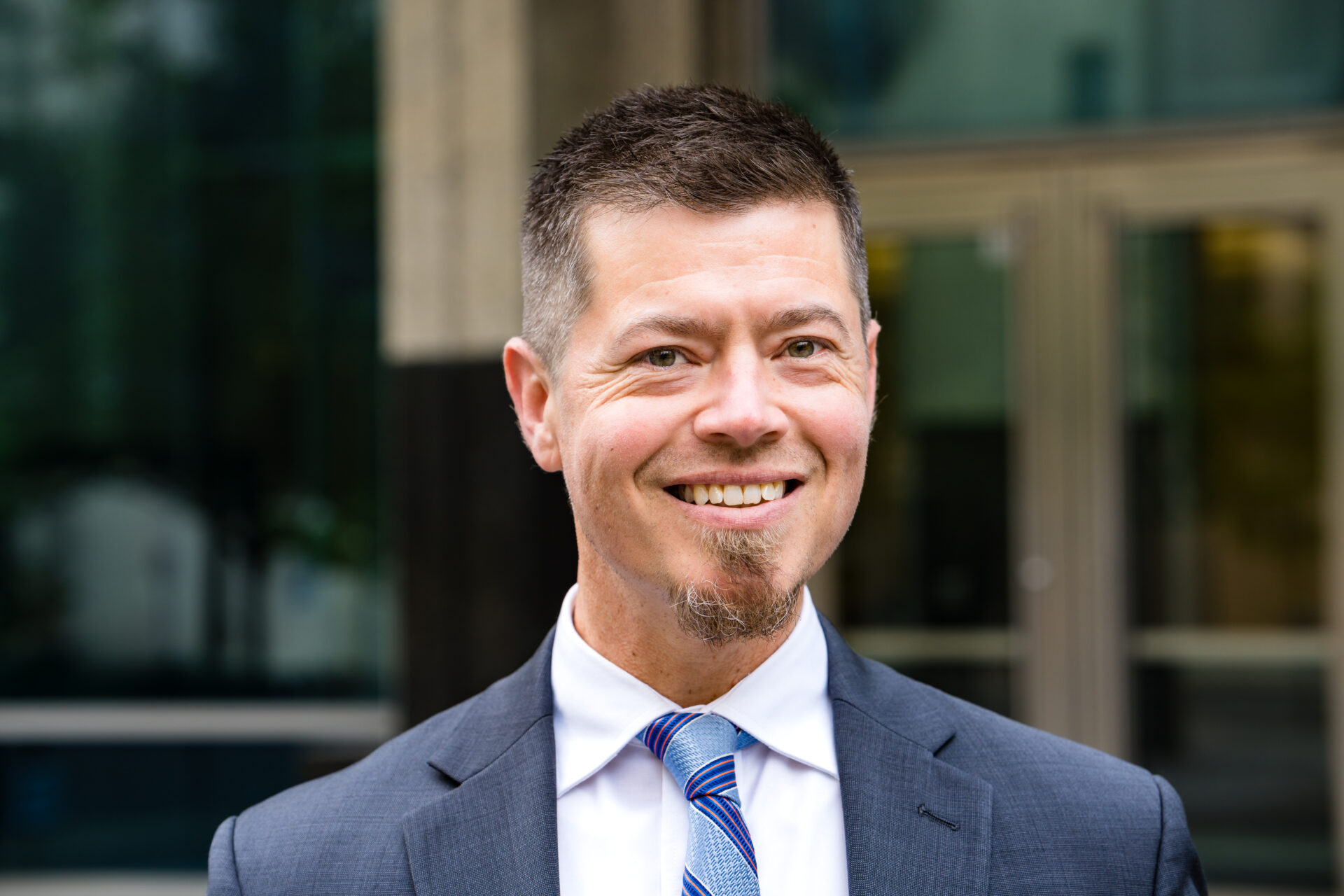In North Carolina, in order for the State to introduce evidence of a BAC (Breath Alcohol Concentration) at a trial for driving while impaired (DWI), a number of criteria must be established to meet the admissibility requirements of that evidence of impairment. One such requirement relates to the number and sequence of breath tests on the Intoxilyzer EC/IR II machine that is currently in use statewide.
Specifically, the chemical analyst must acquire two consecutive breath samples with variances of .02 or less. If, for example, a suspect blows a .10 and then a .07, and then stops there, then neither result will be admissible. Further, if two consecutive results are obtained that do fall within .02 of each other, only the lowest of those two will be admissible. Thus, if a suspect blows a .10, then a .07, and then a .08, then the last two results would meet the requirement of the two consecutive readings within .02, but only the lowest of those two — the .07 — w0uld be admissible at trial against the defendant.
See N.C.G.S. 20-139.1 for more information on the procedural requirements that chemical analysts must follow and to which the State must prove adherence in order to admit BAC evidence in a DWI trial.
★★★
Raleigh DWI lawyer Ben Hiltzheimer is a criminal defense attorney in Raleigh, North Carolina, who represents individuals charged with DWIs and the full spectrum of misdemeanors and felonies. Contact us for a free, confidential consultation and case evaluation at (919) 727-9227.







